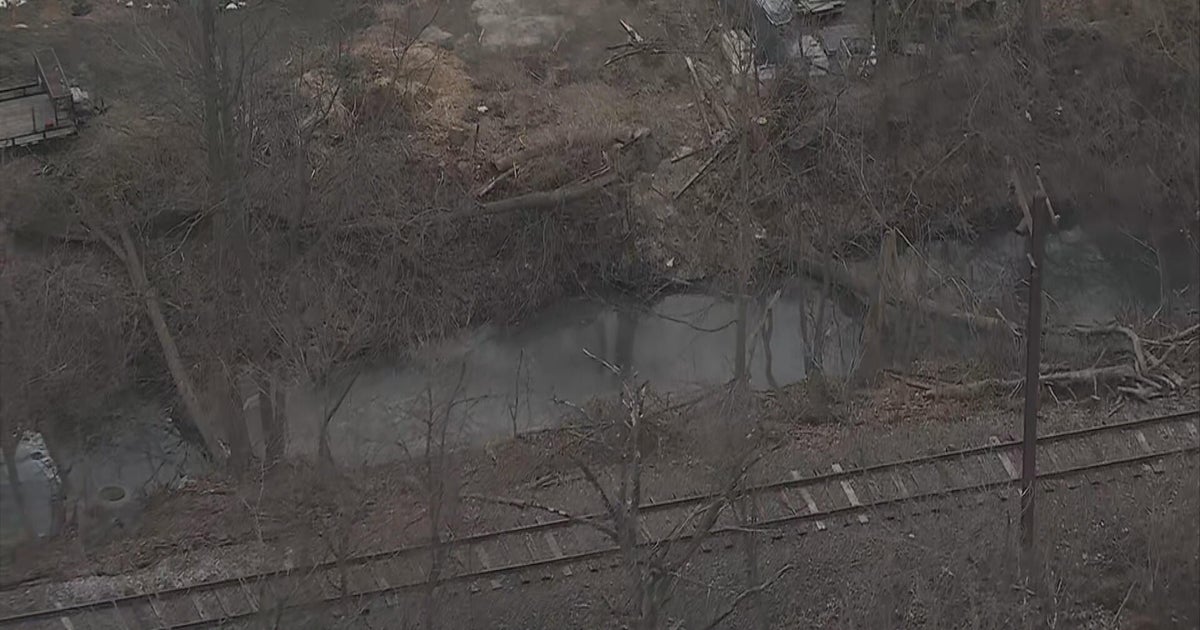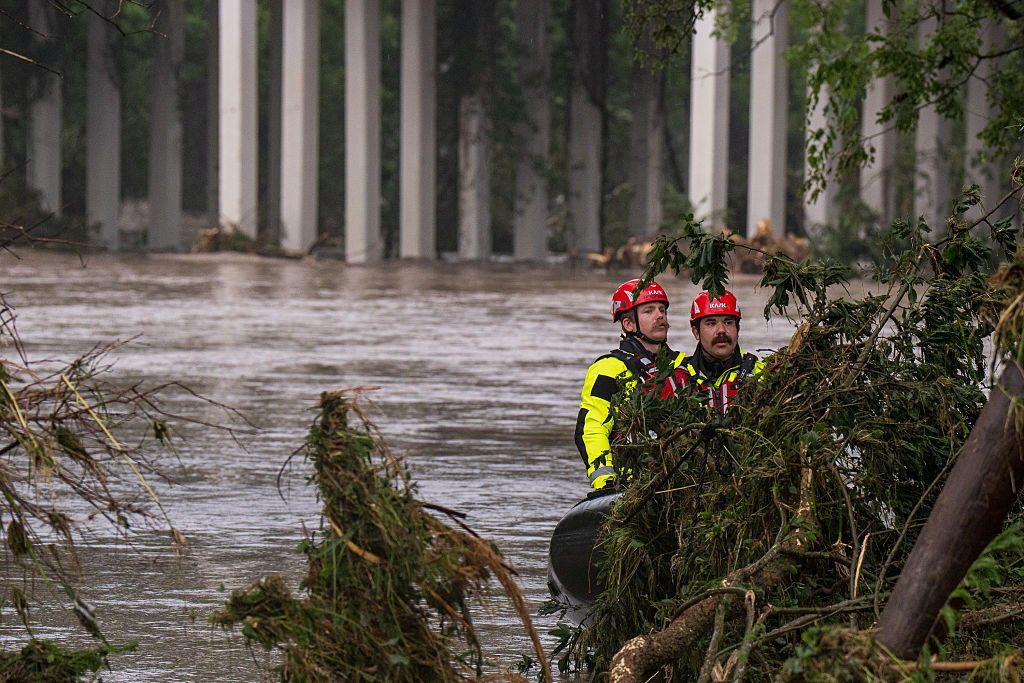250,000 tons of plastic pellets known as nurdles pollute our oceans every year
Trillions of small plastic pellets known as nurdles have been escaping from petrochemical plants into waterways and oceans for decades. Only lately has serious action been taken to figure out what can be done, including a monumental settlement in Texas.
In Cox Creek off the Gulf of Mexico, there are countless nurdles from the Taiwanese conglomerate Formosa Plastics factory nearby, "CBS This Morning: Saturday" co-host Jeff Glor reports.
"They managed to scoop up 79 billion in two years," said Diane Wilson, a fourth-generation fisherwoman who used to captain a shrimp boat. Now, she's an environmental activist, fighting one of the largest plastics manufacturers in the world.
Formosa Plastics first opened a petrochemical factory in 1983. It now covers 2,500 acres of land near Port Lavaca, Texas. Trillions of polyethylene plastic pellets are made at the factory, the first step in making products that are used by people every day, from plastic bottles to bags, clothing and electronics.
But billions of plastic pellets are also lost and find their way into waterways and eventually oceans. Many wash back up onto the beach.
Jace Tunnell is the founder of Nurdle Patrol, a project that began tracking pellets after a massive spill near Corpus Christi, Texas, last year.
"We know for a fact that there's a laundry list of over 200 species that are eating these pellets," Tunnell said. "And then there's also a concern about what these pellets, once they're in the environment, they're absorbing … PCBs, PAHs, DDTs, you know, all those acronyms we hear about, harmful chemicals. These absorb those chemicals."
It's estimated as much as 250,000 tons of nurdles enter the ocean each year.
"We can tell based on the colors, the period of time they've been out in the sun … this has been happening over many decades," Tunnell said.
In North America, the problem is worst in the Gulf, all the way from Mexico's Yucatan Peninsula to the Florida Keys.
Wilson began collecting pellets on the waterways she used to fish, meticulously documenting where and when they were found. And now, her work — 30 plastic tubs filled with evidence — has led to a record-breaking settlement. Formosa Plastics agreed to pay $50 million to help local fishermen and environmental cleanup projects in the area.
Wilson said she was in a "state of shock" when she heard the company was settling.
$1 million dollars of that $50-million settlement will go to fund Tunnell's Nurdle Patrol.
"This isn't just one company," Tunnell said. "It's probably industry-wide, based on the data that we've accumulated through Nurdle Patrol."
Asked if he thought the companies responsible are committed to fixing it, he said, "I don't think that these companies want their pellets out into the environment. … I think that it is cheaper to leave the product on the ground after a spill than it is to clean it up."
He said the way to make them clean up spills is through regulations.
Both Tunnell and Wilson said the Formosa Settlement is not the end of their fight. Tunnell gets new reports of pellets washing ashore every day. There are currently 46 companies in Texas alone manufacturing plastics, and the size of the problem is only growing.
"Do you feel like people are getting the message about this?" Glor asked.
"Well, when I give presentations, one of the key points that I make is: 'Why are we doing all this?' So I have a picture of my kids holding up a bottle of plastic pellets, and I tell people, 'This is for the next generation.' You know, they shouldn't have to deal with this. They should be picking up seashells, not picking up plastic pellets off the beach," Tunnell said.



